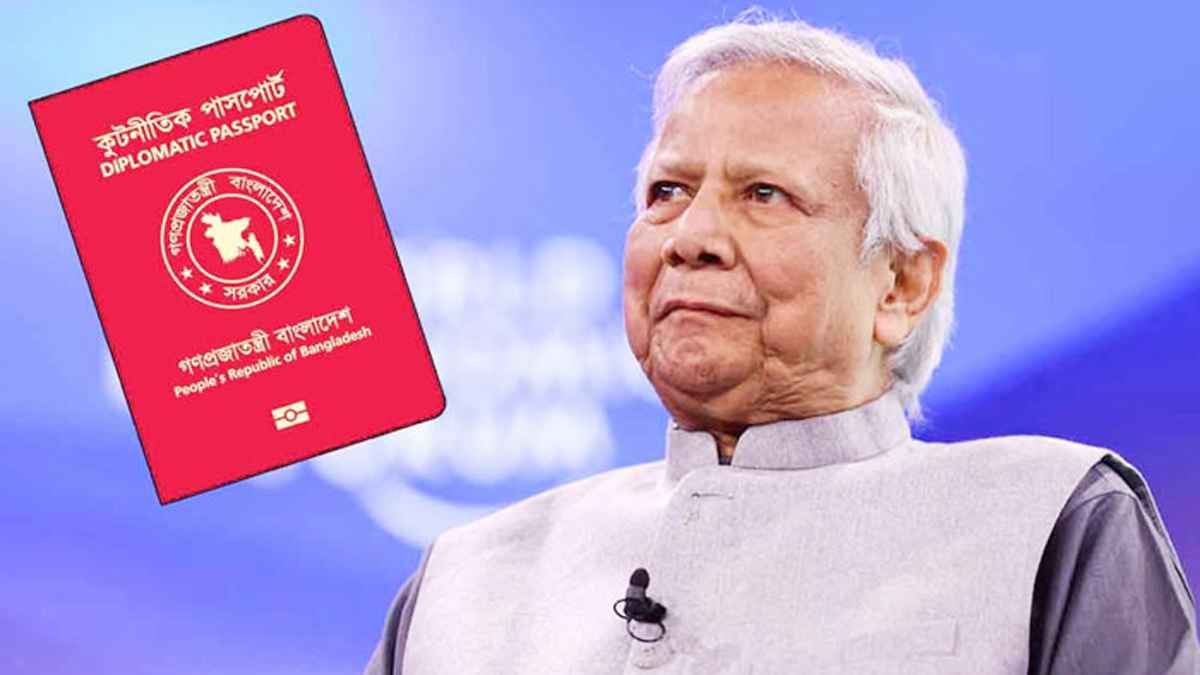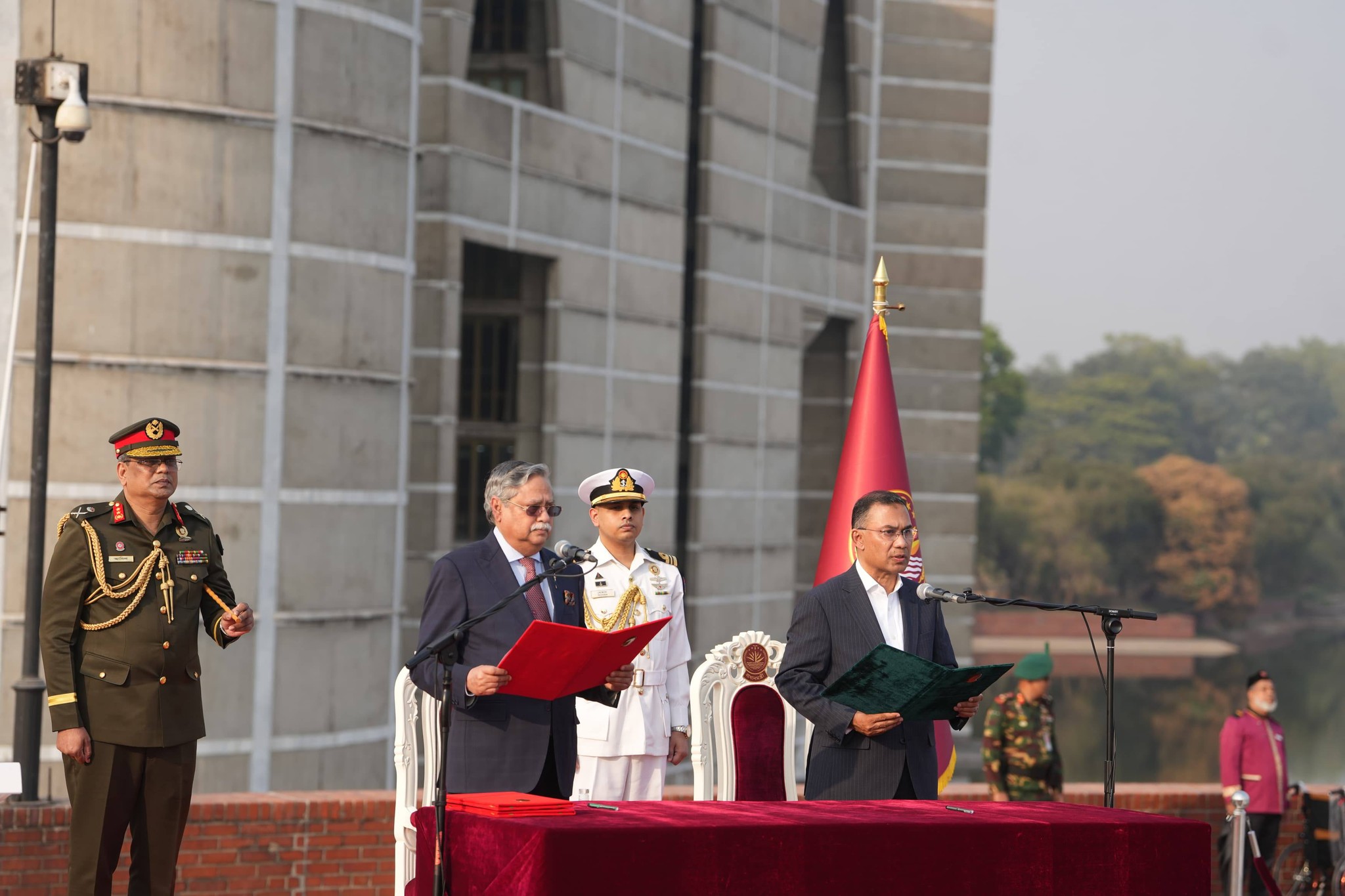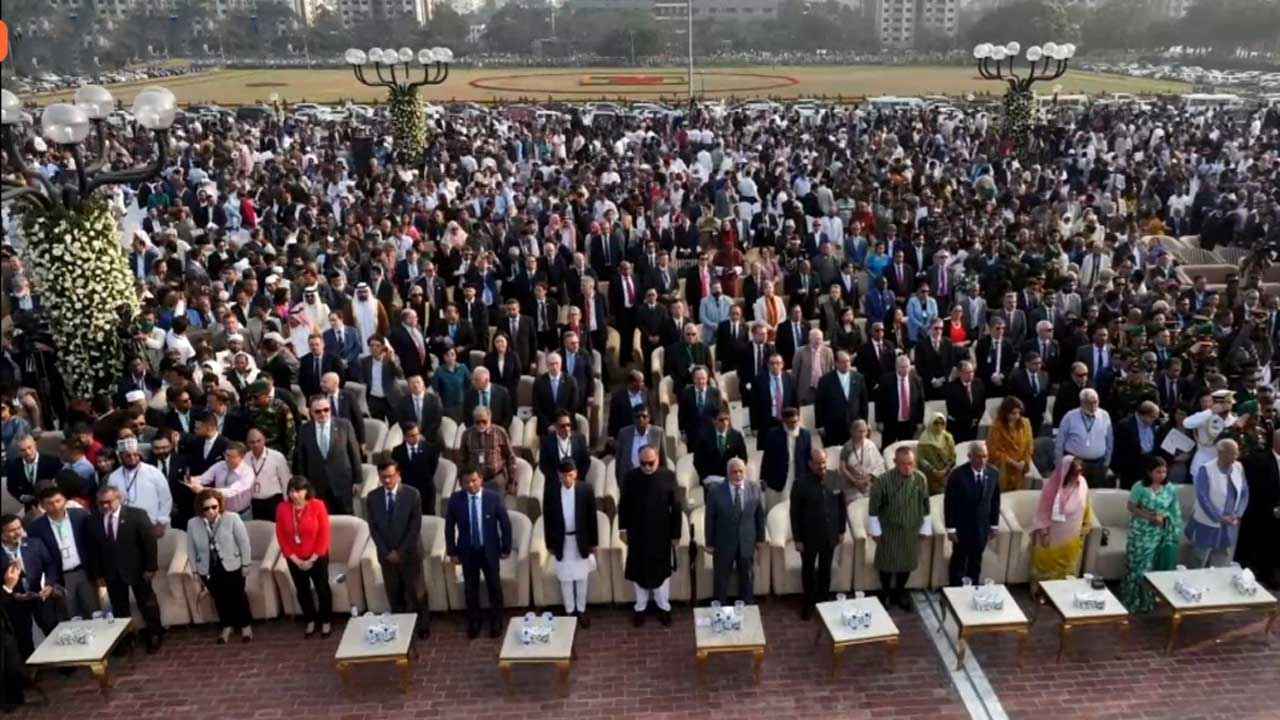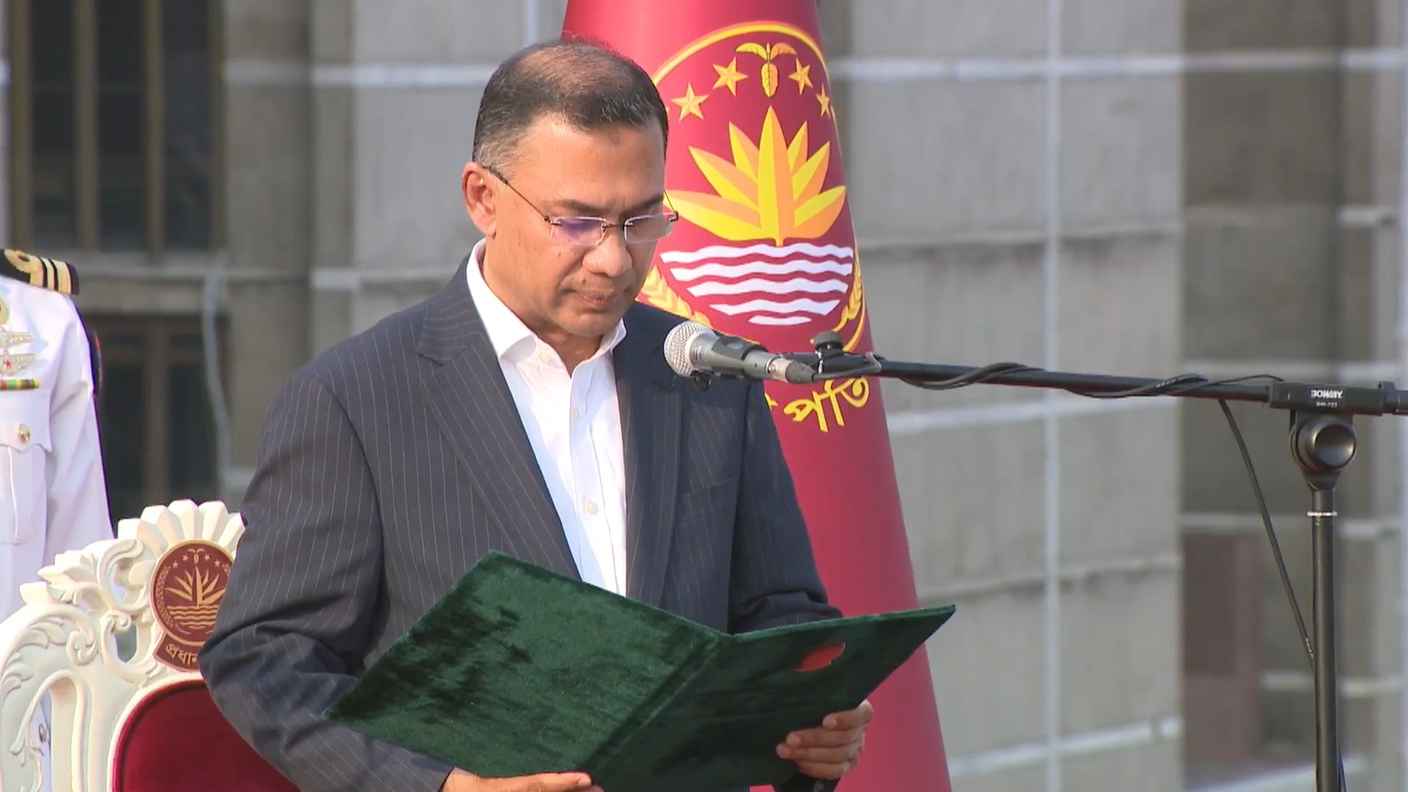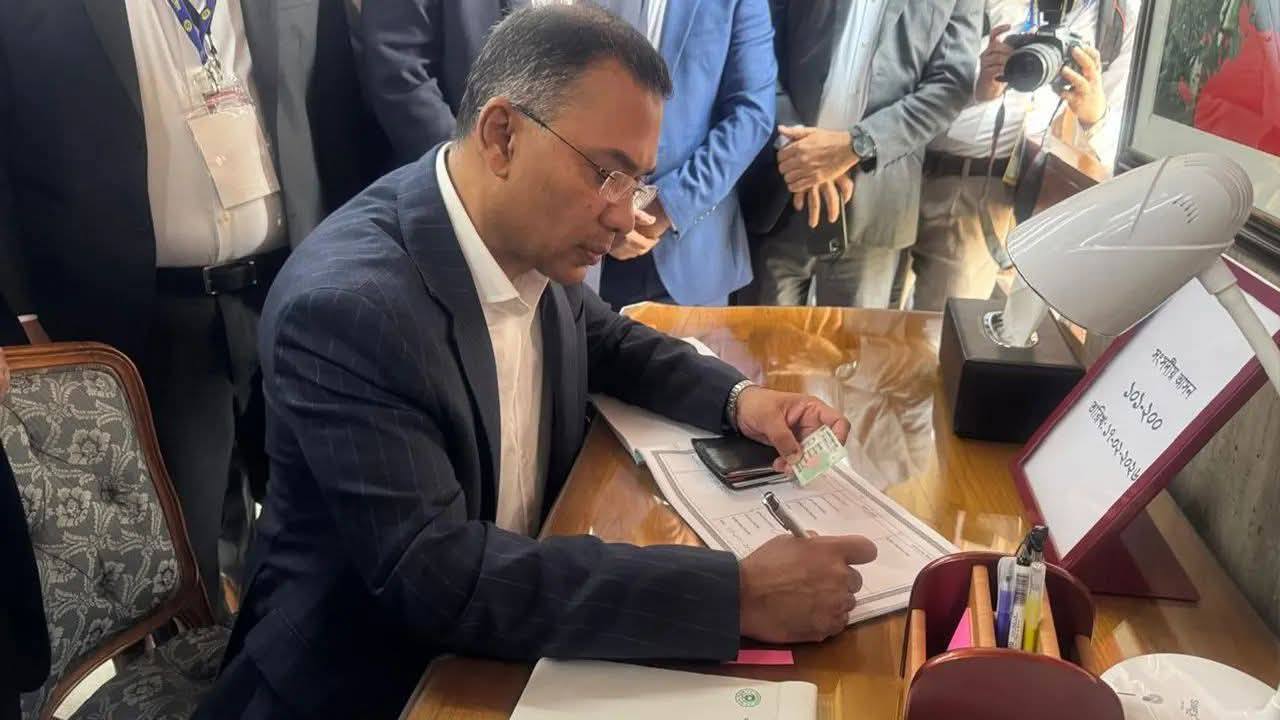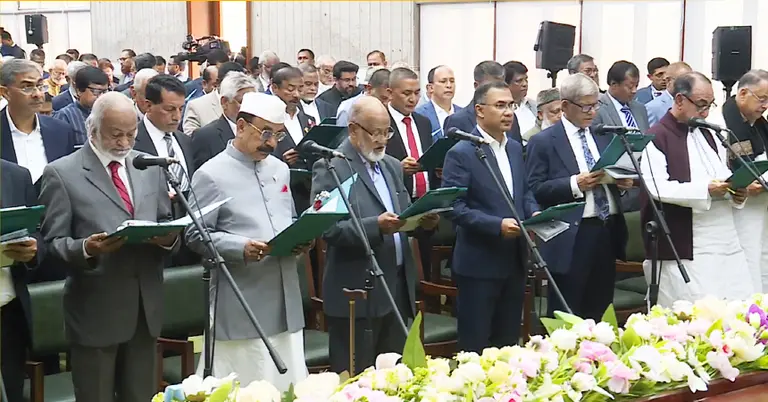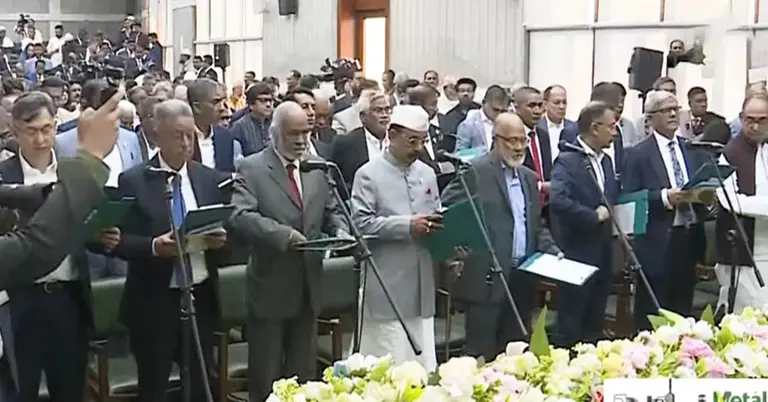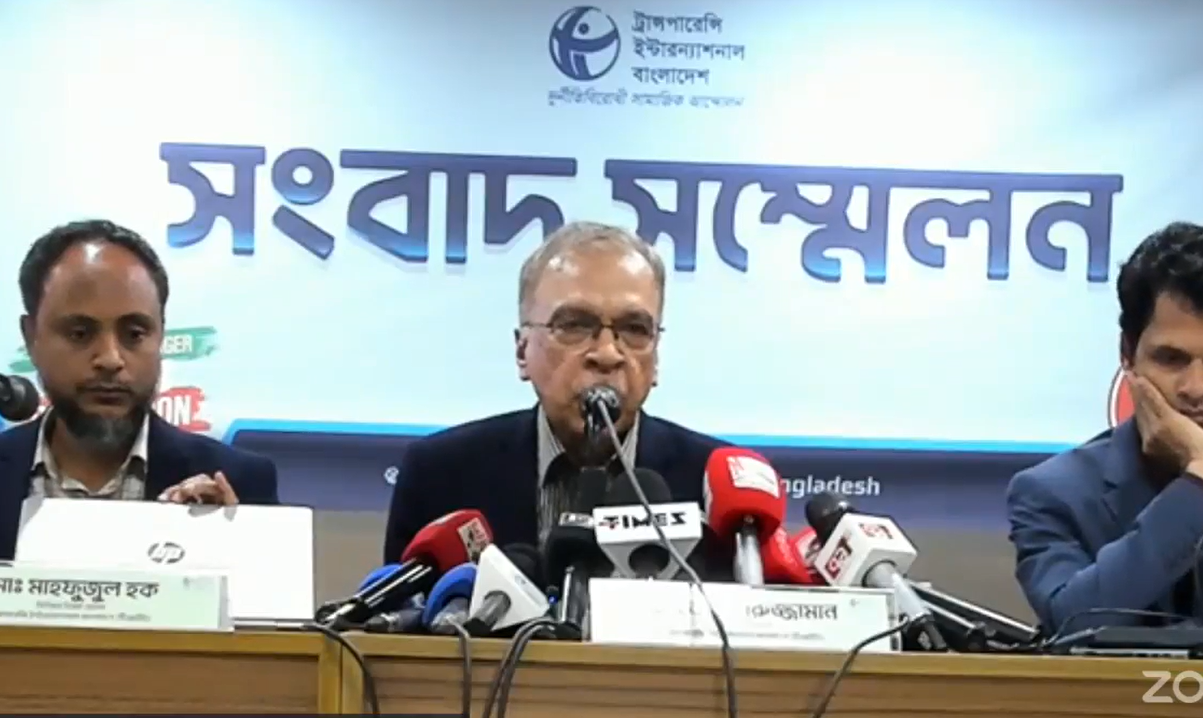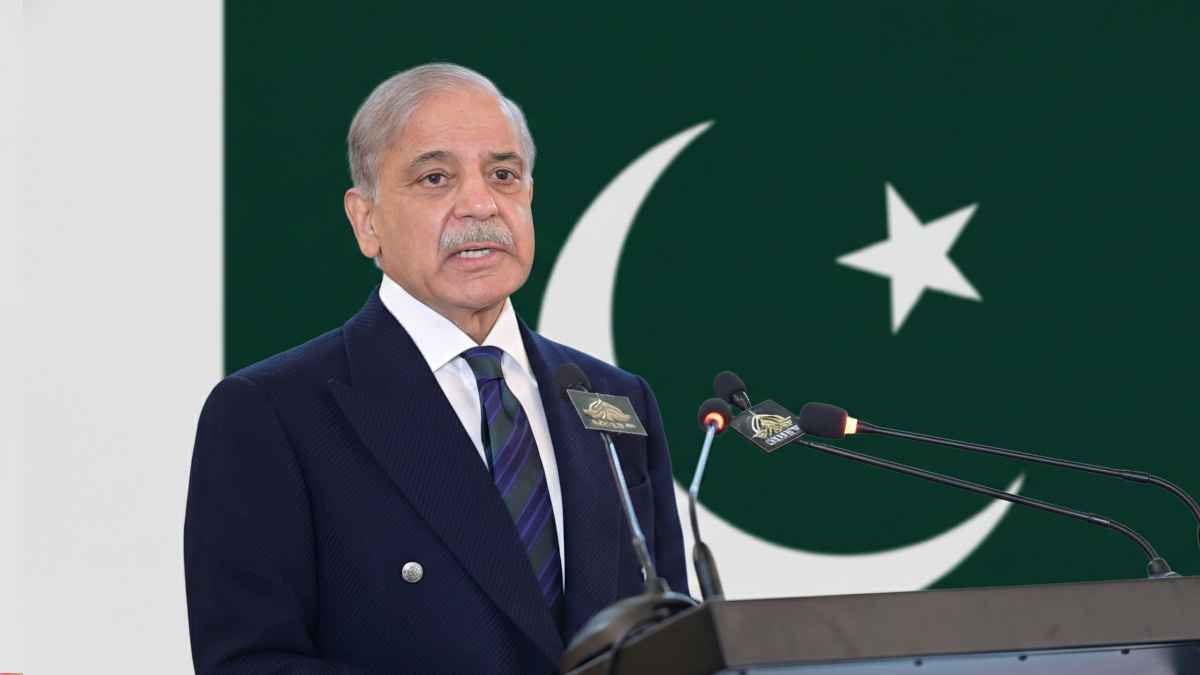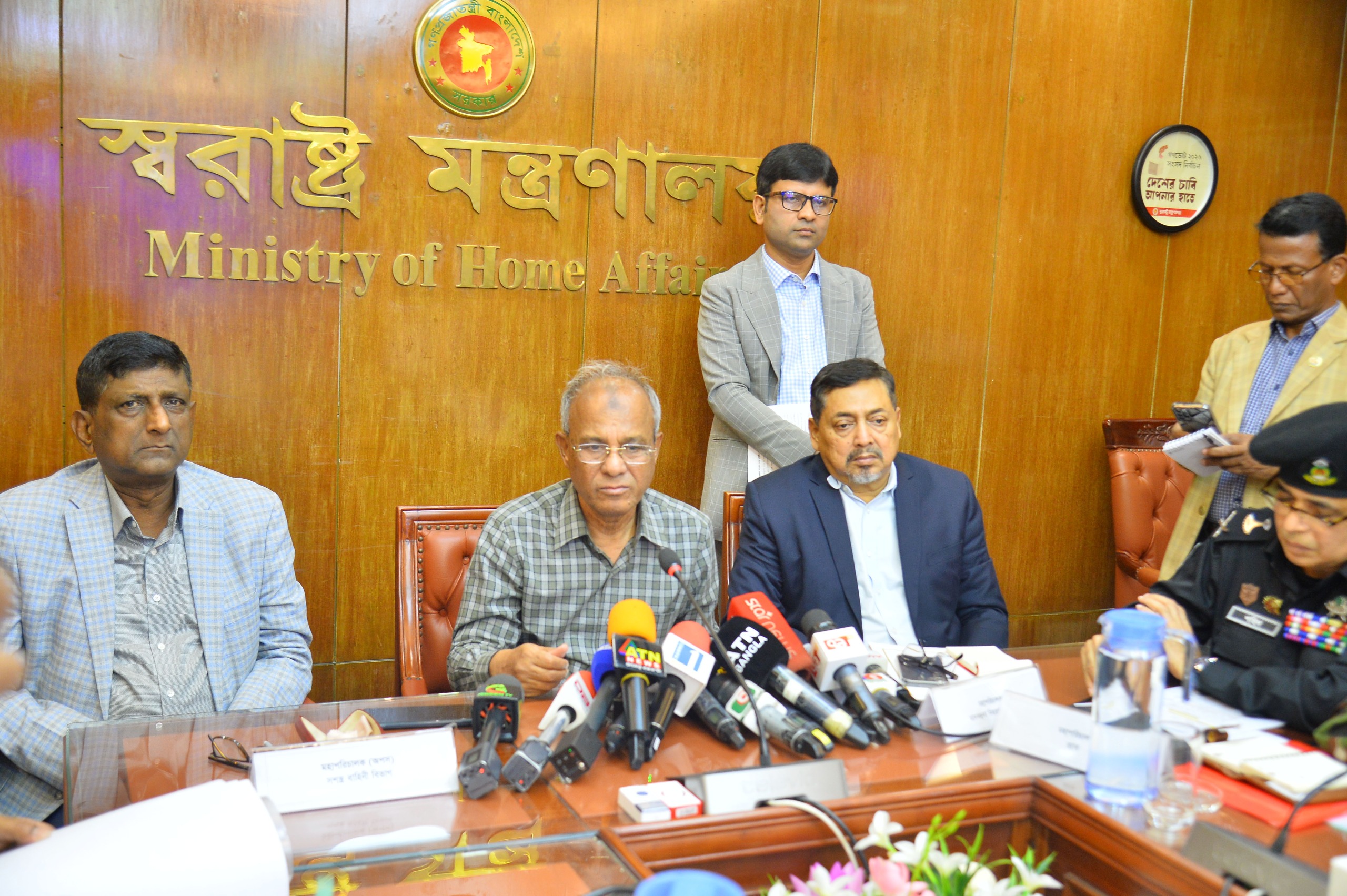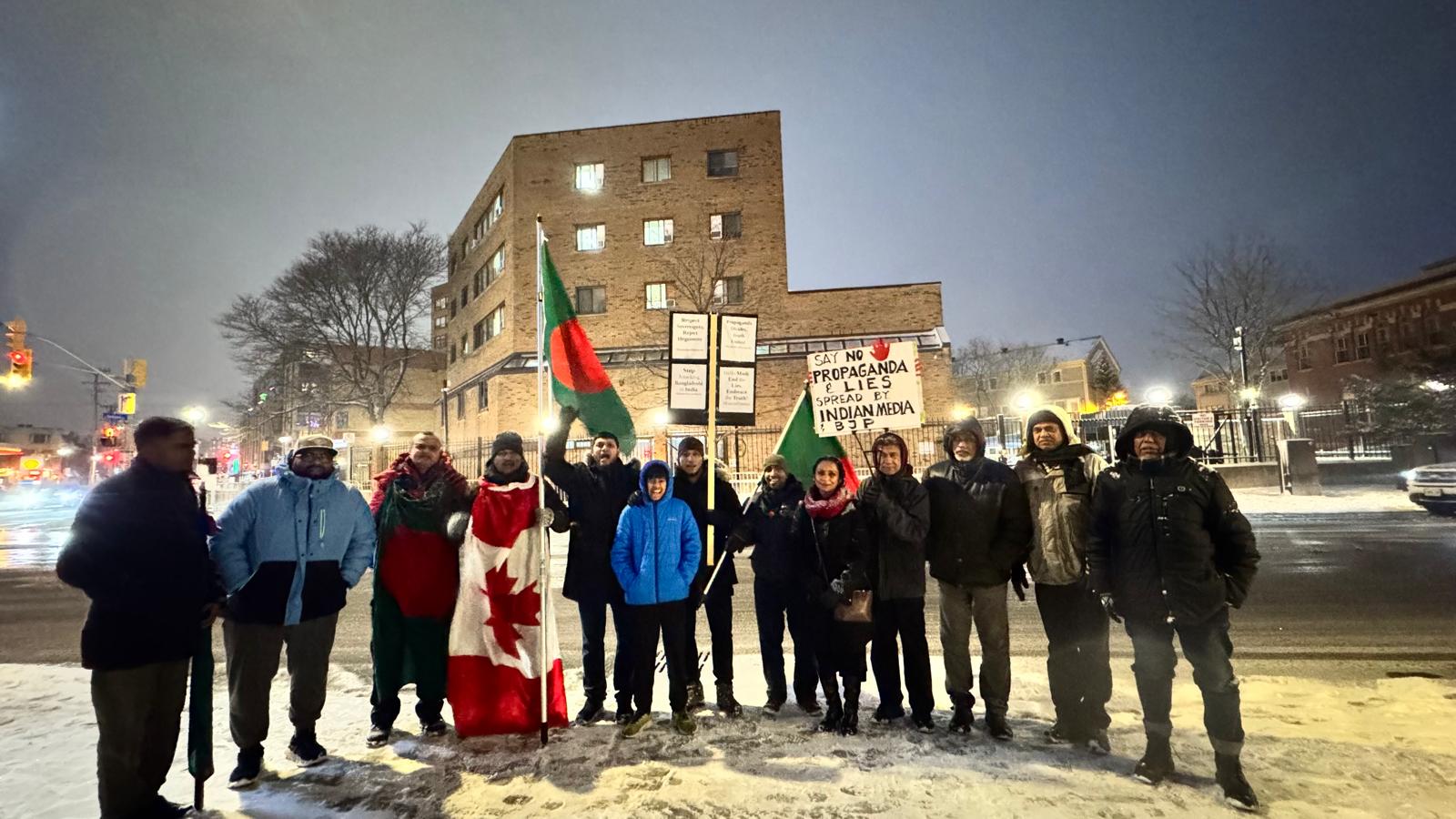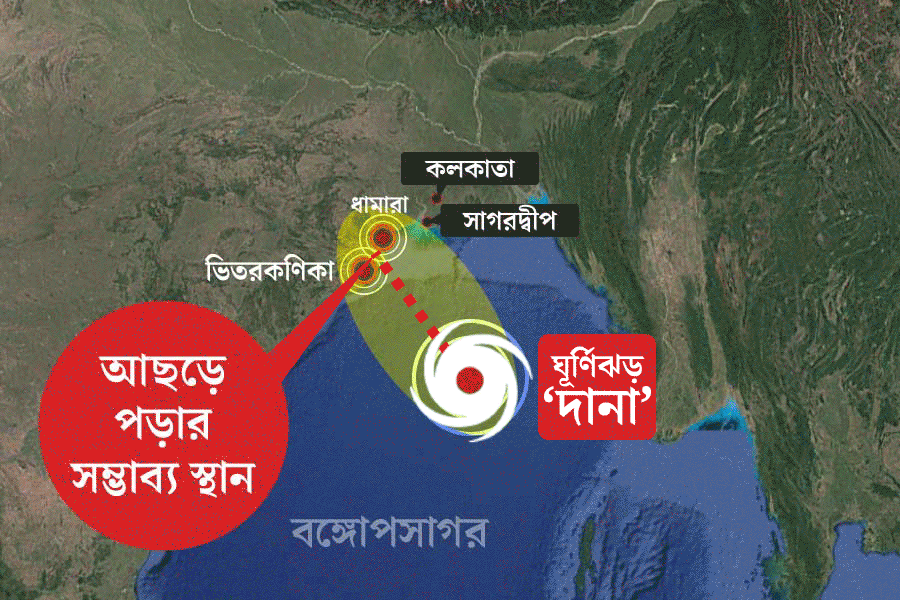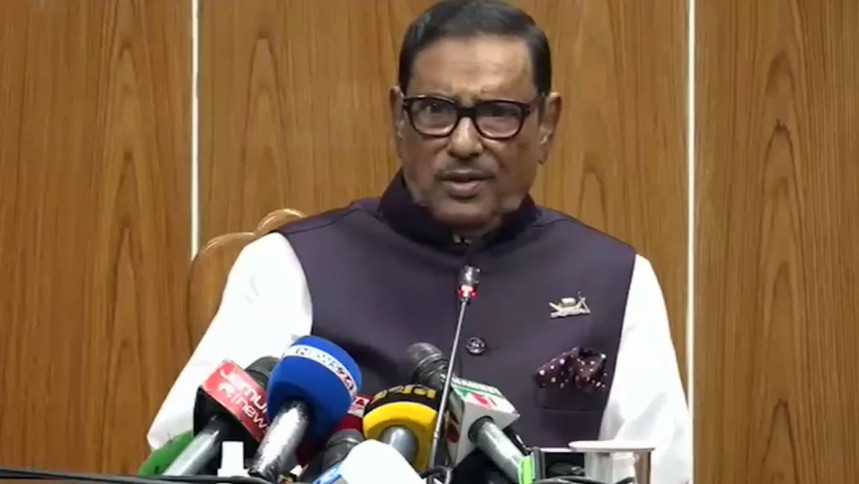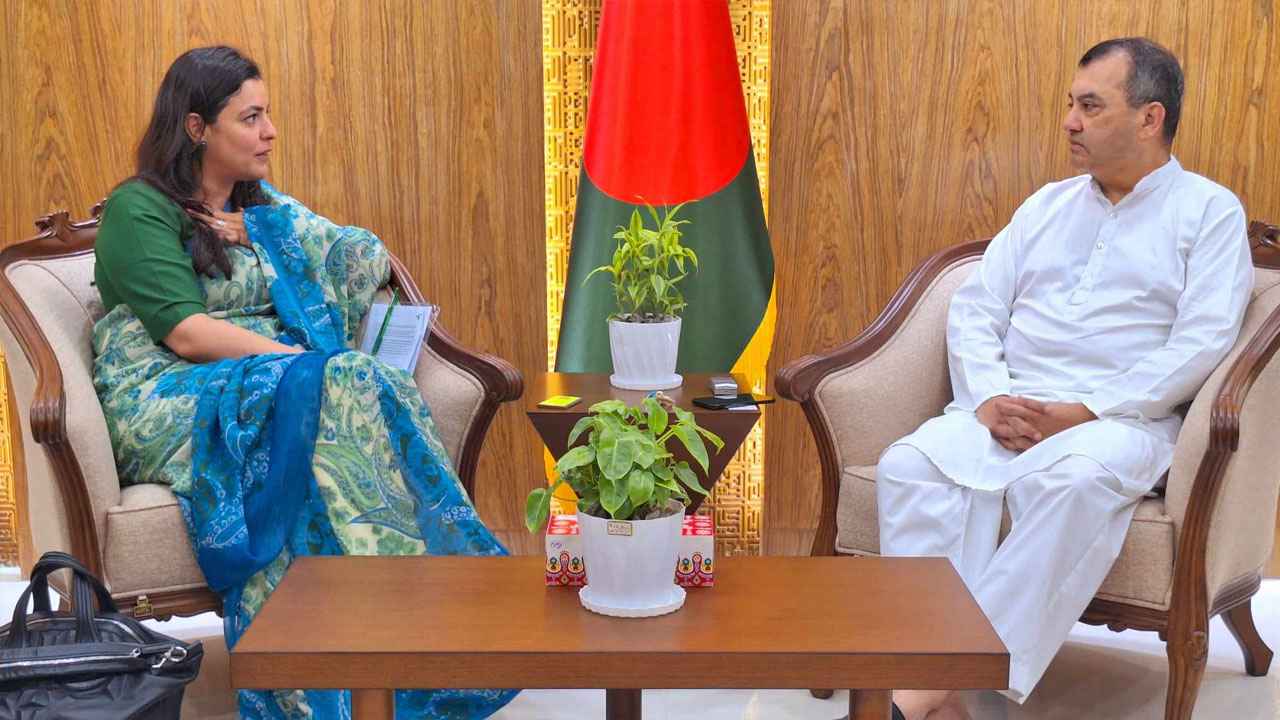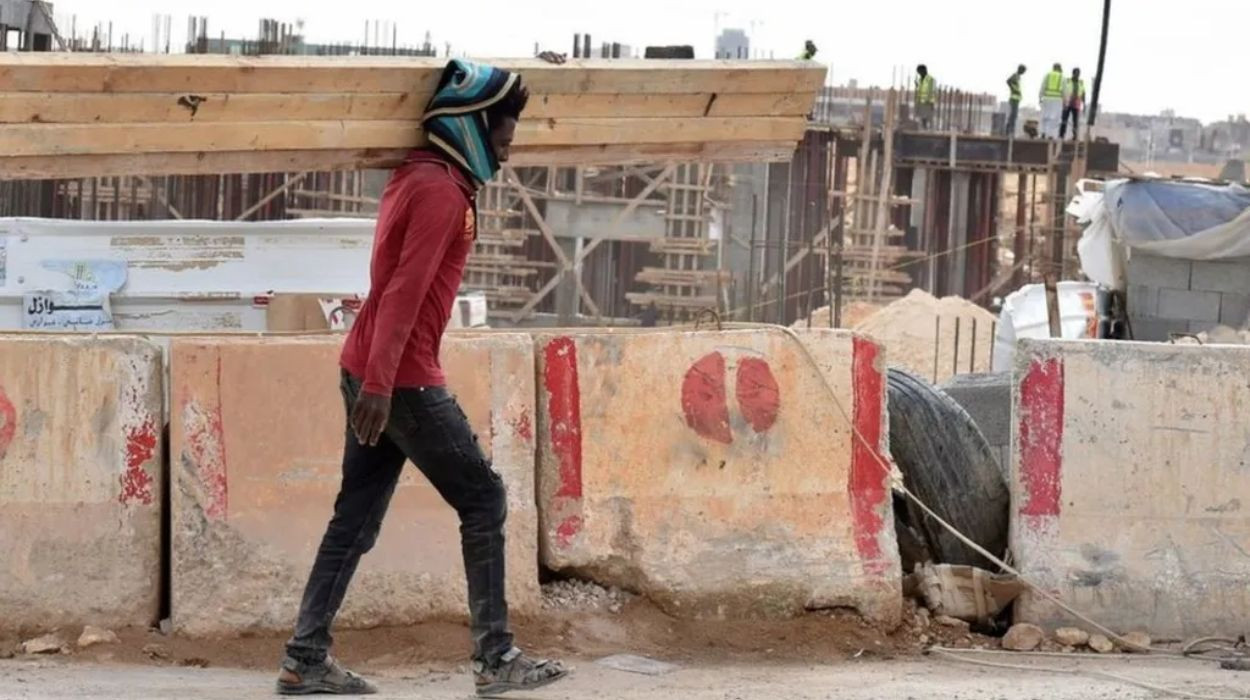
The Middle Eastern country of Saudi Arabia has abolished the 50-year-old kafala (sponsorship) system, a decision that is expected to directly benefit around 13 million expatriate workers.
Most of whom are citizens of South and Southeast Asia.
Under the new system, expatriates will no longer face strict controls like before when changing jobs, leaving the country, and renewing visas.
The Times of India reported that Saudi Arabia has now introduced a contractual employment model instead of the kafala system, which will open up new horizons in the labor market.
Under the new system, migrant workers will no longer be able to change jobs without their employer's permission, leave the country without an exit visa, and the legal protections that were limited under the previous kafala system will now be expanded.
The move is part of Saudi Arabia's Vision 2030 initiative, which aims to modernize the country's economy and bring about revolutionary changes in protecting workers' rights.
Human rights groups have described the decision as "a new chapter in Saudi labor history," saying implementation and oversight of the reforms must be strengthened to ensure real change.
The word 'kafala' means 'sponsorship' in Arabic. Under this structure, which developed in the Gulf region in the 1950s, the legal status of migrant workers was dependent on the employer (kafil), who had complete control over matters such as changing jobs, emigrating, or seeking legal assistance.




